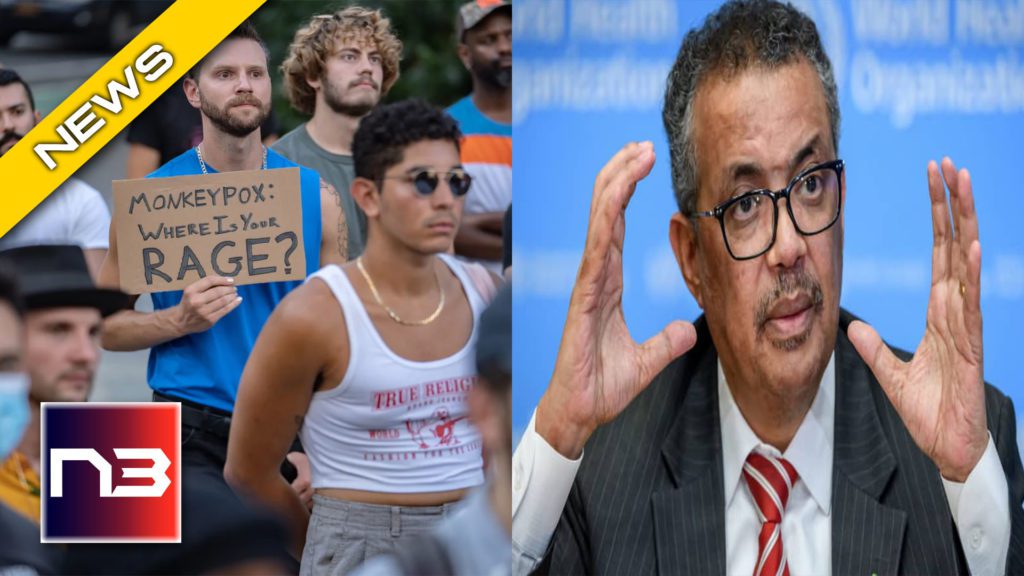MonkeyPox is in the news again but this time for being Racist? The WHO is now considering renaming the virus after public outrage. Wait until you hear these claims
According to NBC, The World Health Organization says it’s holding an open forum to rename the disease monkeypox, after some critics raised concerns the name could be derogatory or have racist connotations.
In a statement Friday, the U.N. health agency said it has also renamed two families, or clades, of the virus, using Roman numerals instead of geographic areas, to avoid stigmatization. The version of the disease formerly known as the Congo Basin will now be known as Clade one or I and the West Africa clade will be known as Clade two or II.
WHO said the decision was made following a meeting of scientists this week and in line with current best practices for naming diseases, which aims to “avoid causing offense to any cultural, social, national, regional, professional, or ethnic groups, and minimize any negative impact on trade, travel, tourism or animal welfare.”
Numerous other diseases, including Japanese encephalitis, Marburg virus, Spanish influenza and Middle Eastern Respiratory Syndrome have been named after the geographic areas where they first arose or were identified. WHO has not publicly suggested changing any of those names.
Specifically people are mad over what they think the name implies,
According to NPR, Critics say the name “monkeypox” plays into racist stereotypes about Black people, Africa and LGBTQ people — and, they note, it falsely suggests monkeys are the main source of the virus.
Yet despite growing criticism of the name, the International Committee on Taxonomy of Viruses told NPR that even if the name is changed in the next year or two, the term “monkey” will likely still be part of any revamped name. While WHO names diseases, the ICTV determines the formal names of viruses.
In recent discussions held by the ICTV, “the consensus is that use of the name ‘monkey’ is sufficiently separated from any pejorative context such that there is no reason for any change,” Elliot Lefkowitz, the organization’s data secretary, told NPR via email.
Nonetheless, the movement to change the name of the virus is continuing. Last Tuesday, New York City public health commissioner Ashwin Vasan sent a letter urging WHO Director-General Tedros Adhanom Ghebreyesus to act immediately to rename monkeypox, citing “potentially devastating and stigmatizing effects.”
Vasan described how, in the early days of the HIV/AIDS epidemic in the 1980s, “misinformation about the virus led people to believe that it was spread to humans after people in Africa engaged in sexual activity with monkeys.” With the monkeypox name linked to similar feelings of stigma and racism, Vasan said people of color and members of LGBTQ communities “may avoid engaging in vital health care services because of it.
It’s difficult to understand why people are more outraged by the name of the virus, rather than the virus itself. Most likely because it only affects a very small group of people and has no real impact on the majority of Americans. Whatever the reason, its clear that the WHO is more concerned with playing politics than addressing real issues



